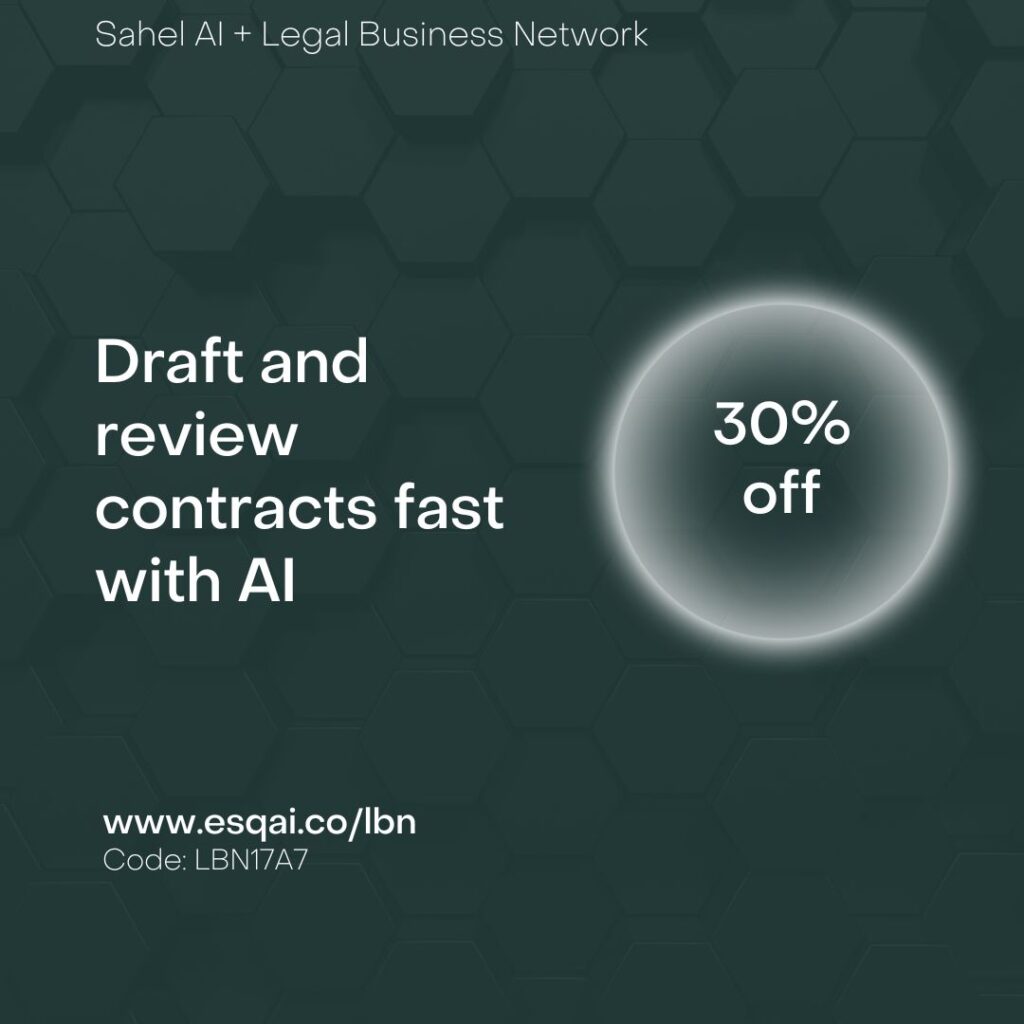Distinguished panelists at the 2023 Legal Business Conference shed more light on the rapidly evolving landscape of the digital economy and its profound impact on the future of business.
As technology continues to reshape industries and markets, businesses must adapt to stay competitive and seize new opportunities while being mindful of the potential odds that come with digital transformation.
Dr Babatude Obrima, COO, Fintech Association of Nigeria delved into the key trends driving the digital economy, such as artificial intelligence, blockchain, and cloud computing. He also said that there have been collaboration with the startup businesses to foster their innovative ideas.
Tunrie Bisi-Afolabi, Legal and Regulatory Counsel at Paystack said that there had been technological advancements that are reshaping business models and disrupting traditional industries, paving the way for new opportunities and innovation.
As the digital economy grows, so do legal complexities and challenges. In this part of the conference, the legal experts explored the regulatory framework and potential legal hurdles businesses might encounter in the digital realm which include data protection, cybersecurity, intellectual property rights, and the evolving landscape of e-commerce and online digital revolution. It is vital to ensure that all segments of society can discuss strategies for promoting digital inclusivity, bridging the digital divide, and empowering marginalized communities and businesses to participate in the digital economy.
Chiderah Ike-Okonkwo, the Head Research, Development and Innovations, at the Nigerian Data Protection Commission shed more light on Cybersecurity and Data Privacy. She noted that with the rise of digital interactions, the risk of cyber threats and data breaches becomes increasingly significant. Thus businesses must implement cybersecurity measures and data privacy practices to protect their assets, maintain customer trust, and comply with evolving data protection regulations.
Another Panelist, Christopher Abhulimen, Chief Executive Officer and Co-founder, e-Scape Technologies said that digital economy demands a workforce equipped with specialized skills. There should be room for upskilling and reskilling of employees to meet the evolving demands of the digital age and government should be able to create more jobs for people.
The Panelists in the 2nd session reflected on the insights regarding the digital economy and its profound impact on the future of business. Embracing technological innovations offers vast opportunities for growth but also requires businesses to navigate legal complexities and invest in talent and cybersecurity. By proactively addressing the odds and harnessing the opportunities, businesses can position themselves for success in the dynamic digital era. Together, let us embrace the transformative power of the digital economy and build a more resilient and inclusive future for businesses worldwide.
The 2023 Legal Business Conference was held at the Civic Center, Victoria Island, Lagos with the theme; Powering Tomorrow’s Economy Today. The topic of the 2nd Plenary Session was “The Digital Economy and the future of business: The Odds and the Opportunities”

